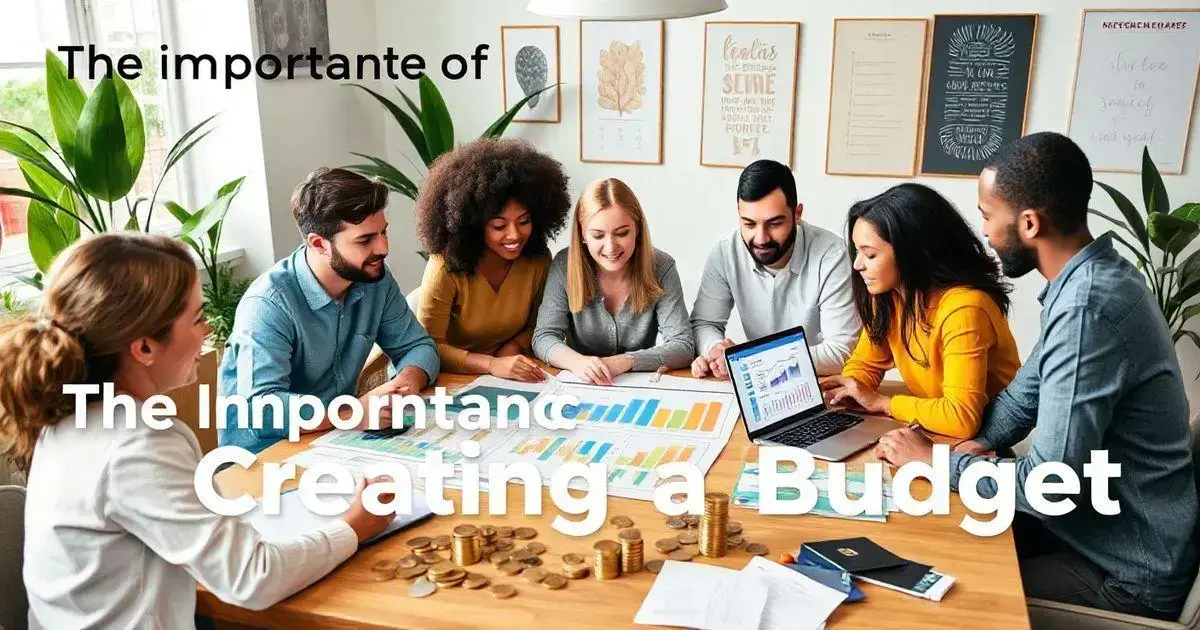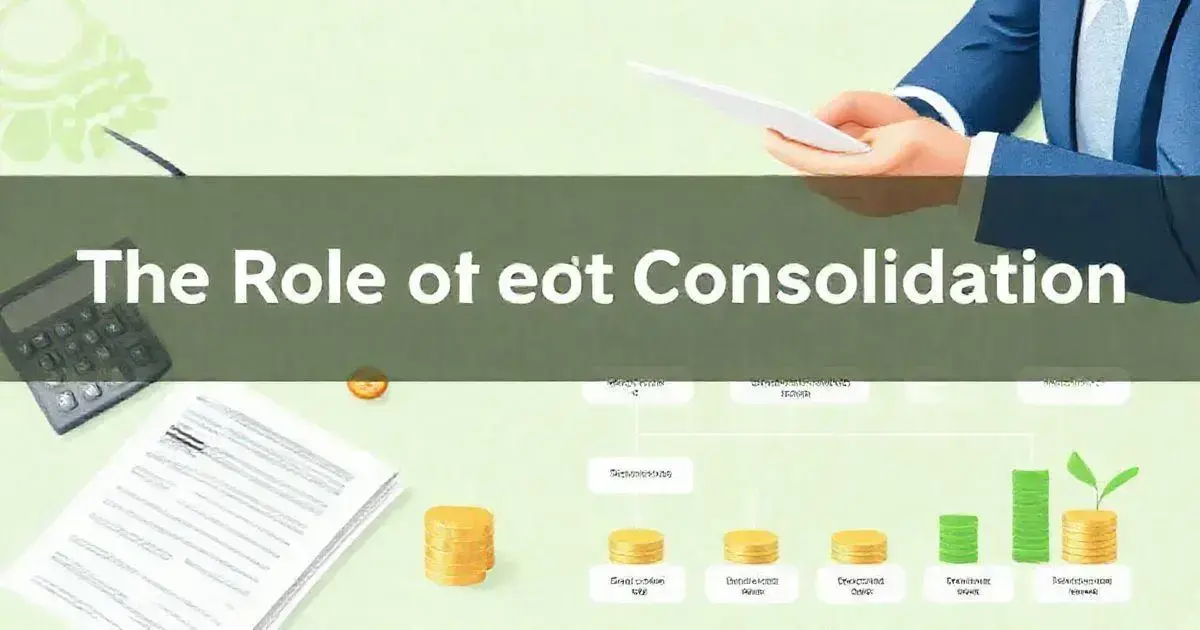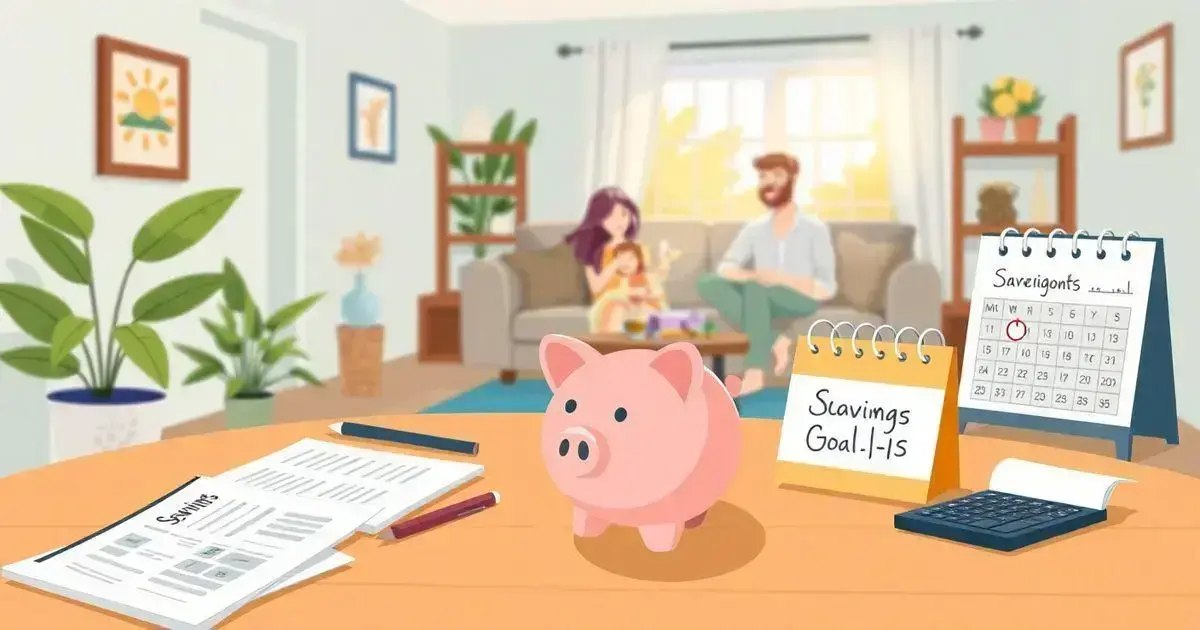Debt reduction strategies are essential for regaining control over your finances. If debt is weighing you down, finding the right approach can make all the difference. The first step is understanding the methods that can help you manage and reduce your debt effectively.
Managing debt goes beyond just paying it off. It’s about creating a plan that works for your unique situation. With the right strategy, you can regain financial stability and avoid future setbacks.
By exploring budgeting techniques, negotiating with creditors, and using financial tools, you’ll be better equipped to reduce debt. Ready to take charge of your financial future? Let’s dive into the strategies that can help you get there.
Understanding Debt and Its Impact
Understanding debt is crucial for anyone seeking financial stability. Debt can be defined as money borrowed by one party from another, which must be repaid over time, often with interest.
When people are unable to manage their debts effectively, it can lead to serious financial consequences, including stress, damaged credit scores, and limited access to future loans.
The impact of debt extends beyond personal finances; it can affect mental health and relationships. As debt accumulates, individuals may experience anxiety and feelings of hopelessness, making it essential to grasp the nature of debt and its potential consequences.
Furthermore, understanding the types of debt—such as secured and unsecured—can help individuals make informed decisions about borrowing and repayment.
By focusing on debt reduction strategies, individuals can gain control over their financial situations. This requires assessing current financial status, creating a realistic budget, and identifying areas where expenses can be cut.
Incorporating debt reduction strategies helps individuals understand the full impact of their debt, enabling them to manage repayments and work towards financial freedom.
The Importance of Creating a Budget

Creating a budget is an essential step in managing your finances and ensuring a successful path to debt reduction strategies. A budget allows you to track your income and expenses, which helps you understand where your money goes each month.
With clear insights, you can make informed decisions about your spending habits. Start by listing all your sources of income, including salaries, bonuses, and side hustles. Next, identify your fixed expenses, such as rent or mortgage, utilities, and cell phone bills. These are costs that don’t change much monthly.
After listing your fixed expenses, include variable expenses like groceries, entertainment, and personal care items. These can fluctuate each month, so consider averages for a more precise budget.
Once you have all your expenses laid out, subtract them from your total income. This calculation shows how much money you have left over. If you find that you are spending more than you earn, it’s time to make necessary adjustments.
Effective budgeting can help you prioritize paying off debts. Allocate specific funds each month to debt repayments to minimize interest and reduce total debt faster.
Remember to set aside some money for emergencies, as unforeseen expenses can easily derail your budgeting efforts. By following these steps and incorporating debt reduction strategies, you will not only stay on top of your finances but also move closer to achieving financial freedom.
Methods for Reducing Debt Effectively
Reducing debt effectively requires a systematic approach that involves various methods. One of the most popular methods is the debt snowball method.
This method prioritizes paying off your smallest debts first, while maintaining the minimum payments on the larger ones.As you eliminate each small debt, you gain momentum and motivation to keep going. This method also helps you build confidence as you see tangible results quickly.
Another effective approach is the debt reduction strategies using the debt avalanche method. This approach prioritizes paying off debts with the highest interest rates first, helping you save money over time. By reducing the amount of interest you pay, you can create more room in your budget for other expenses.
You could also try negotiating with creditors to reduce interest rates or establish payment plans that better suit your financial situation. Many creditors are willing to cooperate if you reach out and explain your situation. This can lead to more manageable payments and ultimately help you pay down your debt faster.
Using balance transfer credit cards can also be beneficial. If you have credit card debt, transferring balances to a card with a lower interest rate can help you pay off your debt more quickly. Just be sure to read the fine print to avoid hidden fees.
Finally, cutting unnecessary expenses is crucial when trying to reduce debt. Review your budget and identify areas to trim down. This might mean skipping that daily coffee or dining out less frequently. Every little bit helps when working towards a debt-free life.
The Role of Debt Consolidation

Debt consolidation is a financial strategy that aims to combine multiple debts into a single, manageable payment. This can simplify your finances by giving you one monthly payment instead of several. One of the main benefits of debt consolidation is that it can lower your overall interest rate, making it easier to pay off your debt.
There are several ways to consolidate debt. One common method is through a debt consolidation loan. This involves taking out a new loan to pay off your existing debts. This can be a personal loan or a home equity loan, depending on your situation. With a lower interest rate, you can save money and pay off the debt faster.
Another method is to use a balance transfer credit card. This lets you move your credit card balances to a single card with a reduced interest rate, frequently including a promotional 0% interest period. However, it’s crucial to consider the fees and the terms of the new card.
Debt reduction strategies can also include debt management plans, which are another option for those looking to consolidate. These plans are set up through credit counseling agencies and can help negotiate lower interest rates with your creditors. They also provide structured repayment schedules, making it easier to stay on track.
Lastly, while debt consolidation can provide relief, it’s essential to maintain discipline. Ensure that you do not accumulate more debt after consolidating. Create a budget to manage spending and prioritize saving for unexpected expenses. This way, debt reduction strategies can lead to lasting financial health.
Negotiating with Creditors: Tips and Tricks
Negotiating with creditors is an important step in managing your debt effectively. It allows you to potentially lower your interest rates, reduce monthly payments, or even settle debts for less than what you owe.
The first step in this process is to be well-prepared. Gather all your financial information, including your debts, income, and expenses. This will help you understand your financial position and provide you with the necessary details to discuss with your creditors.
When you initiate contact with your creditors, be honest and upfront about your financial challenges. Most creditors appreciate transparency and may work with you to find a solution.
It’s helpful to explain your situation clearly, so they understand why you need to negotiate. You might say something like, “I’m facing some financial difficulties and would like to discuss my options.”
Always ask about available options. Inquire if they have programs for temporary lower payments or if they can offer a reduced interest rate for a certain period. If you have multiple debts, prioritize your creditors.
You may choose to negotiate with those who have the highest interest rates first. Implementing debt reduction strategies can help make this process smoother and more effective.
Additionally, be sure to get any agreements in writing. This ensures both you and the creditor have a record of what was discussed. Stay persistent and remain calm throughout the process; it may take time to reach a favorable outcome. Remember, negotiating is about finding a solution that works for both you and your creditor.
Building an Emergency Fund for Future Stability

Building an emergency fund is a critical aspect of financial stability. An emergency fund serves as a financial cushion, giving you the means to cover unforeseen expenses like medical bills, car repairs, or job loss. Start by determining how much money you need in your fund; a common goal is to save between three to six months’ worth of living expenses.
Once you have a goal in mind, create a plan to reach it. Start small by setting aside a certain amount of money from each paycheck. Even if it’s just $20 or $50 a week, these contributions will add up over time.
You might consider opening a separate savings account specifically for your emergency fund to avoid spending this money too easily. Incorporating debt reduction strategies into your overall financial plan can help you free up more money to build this fund.
Automating your savings can also be beneficial. Set up automatic transfers from your checking account to your emergency fund each month. This way, you’ll be less tempted to skip a contribution, and you’ll build your savings without even thinking about it.
Additionally, review your budget and identify areas where you can cut back on spending. This might mean eating out less or reducing subscription services. The money saved can go directly into your emergency fund. With discipline and consistency, you can achieve your goal and create a buffer against unforeseen financial challenges.
Utilizing Financial Counseling Services
Utilizing financial counseling services can be a valuable step for individuals seeking to manage their debts effectively. These services provide professional guidance tailored to your financial situation.
A financial counselor can help you understand your finances and create a personalized plan for reducing debt. By integrating debt reduction strategies into your approach, you can make informed decisions that put you on a path toward financial freedom.
First, they will begin with a comprehensive review of your financial status, including income, expenses, and existing debt. This information is crucial for developing a strategy that works for you. Counselors often focus on budgeting and saving techniques, helping you allocate funds more effectively toward your debts.
Financial counselors can also assist in negotiating with creditors. They can provide advice on how to communicate with them and may contact creditors on your behalf.
This can lead to lower interest rates or more manageable payment plans, reducing your overall financial burden. With the right debt reduction strategies, you can move toward a debt-free future more quickly and efficiently.
In addition to debt management, these services often offer education on financial literacy. This knowledge empowers you to make better decisions in the future, whether it’s about saving, investing, or spending wisely. Many nonprofits offer these services for free or at a low cost, making them accessible to many.
By utilizing financial counseling services, you gain a support system and valuable resources to help you navigate through your financial challenges effectively.
Tracking Your Progress and Staying Motivated
![]()
Tracking your progress is essential in the journey to debt reduction. It helps you see how far you’ve come and keeps you motivated to continue. By incorporating debt reduction strategies into your plan, you can stay on track and build confidence in your ability to overcome financial obstacles.
Start by setting clear, measurable goals. For example, decide how much debt you want to pay off each month and write it down. Having specific goals raises your chances of success. This approach ensures you’re focused on actionable steps that contribute directly to your overall financial health.
Use tools like spreadsheets or budgeting apps to monitor your spending and payments. This visual tracking will allow you to see which areas you need to improve.
Regularly reviewing your finances keeps you accountable and makes it easier to adjust your plans as needed. Incorporating debt reduction strategies allows you to identify where adjustments are needed, helping you reach your goals faster.
Consider creating a reward system to celebrate milestones. Each time you pay off a debt or reach a savings goal, treat yourself to a small reward. This can be as simple as a favorite meal or a day out. Rewards can keep your spirits high and motivate you to stick to your plan.
It’s also beneficial to involve friends or family in your journey. Sharing your goals with others can create a support system. They can provide encouragement and celebrate your wins with you along the way.
Lastly, stay adaptable. Sometimes life throws unexpected challenges that can derail your progress. When this happens, take a moment to reassess your situation and make necessary adjustments. Stay focused on your long-term goals, and remember that setbacks don’t mean failure; they’re just part of the journey.
Debt Reduction Strategies: Conclusion
Implementing debt reduction strategies can significantly improve your financial health. By understanding your debt, creating a budget, and exploring various methods for reducing debt, you pave the way toward financial stability.
Utilizing financial counseling services can provide guidance, while building an emergency fund further safeguards your future.
Remember, tracking your progress and staying motivated is key; celebrate small victories along the way.
With persistence and the right strategies, you can achieve your goal of eliminating debt and enjoying a secure financial future.

